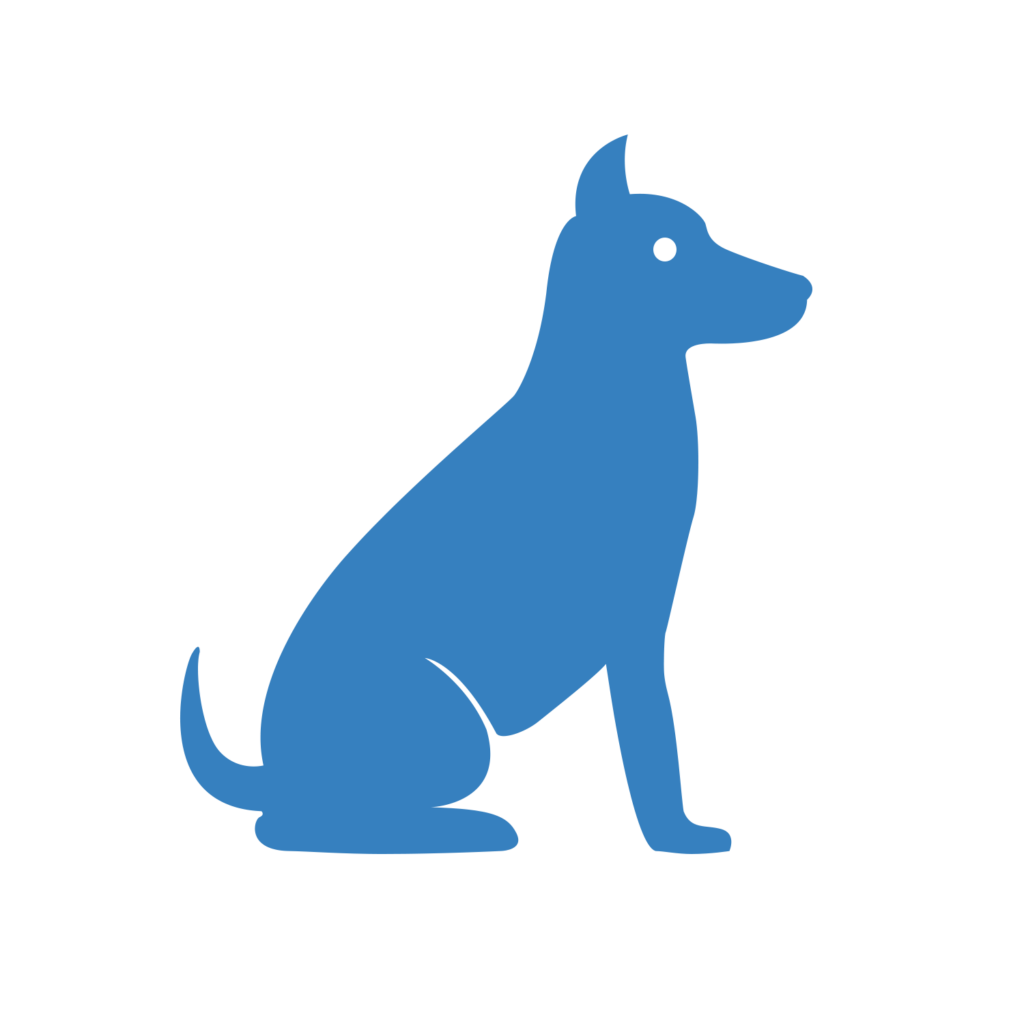

Neonatal Cerebellar Cortical Degeneration
Turnaround: 3-5 business daysTurnaround: 7-10 business days
Price: $45.00Price: £40.00
Breeds: Beagle, Mixed Breed, Unspecified
Description
Neonatal Cerebellar Cortical Degeneration (NCCD) is a neurological disease that affects a dog's balance and coordination. The disease damages cells in the cerebellum, the region of the brain that regulates movement. Damage to the cerebellum interferes with a dog's equilibrium, or sense of balance. This results in abnormal movements and a lack of coordination.
NCCD is a progressive, degenerative disease. Dogs with NCCD appear normal at birth, but begin to develop signs of the disease within a few weeks. These initial symptoms may include a staggering gait, wide stance, and general lack of coordination. Progression of the disease may lead to body tremors and seizure-like episodes. The affected dog may no longer be able to move or eat, and will need to be euthanized. There is unfortunately no cure for this disease.
NCCD is a recessive genetic disease. Recessive genetic diseases are a disease that can be passed from either parent and require two copies of the gene to show symptoms. Carriers of NCCD will not show symptoms but can pass on the mutation to their offspring. It is therefore useful to test for the presence of the mutation before breeding. If two carriers breed, there is a 25% chance per puppy that it will develop symptoms of NCCD.
Possible Results
| Genotype | Description |
|---|---|
| NCCD/NCCD | Affected: Dog has two copies of the NCCD mutation and will be affected. The gene will be passed on to every offspring. |
| n/NCCD | Carrier: Dog has one copy of the NCCD mutation. The dog will not be affected by NCCD but may pass the mutation to offspring. |
| n/n | Clear: Dog is negative for mutation associated with NCCD. |
Reference
Forman OP, De Risio L, Stewart J, Mellersh CS, Beltran E. Genome-wide mRNA sequencing of a single canine cerebellar cortical degeneration case leads to the identification of a disease associated SPTBN2 mutation. BMC Genet. 2012 Jul 10; 13:55. [PubMed: 22781464]